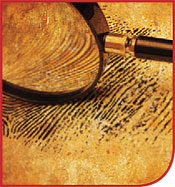- About Us
-
Undergraduate Programs
- Certificate in Paralegal Studies
- Associate of Paralegal Studies
- Bachelor of Science in Legal Studies
- Bachelor of Business Administration
- Accelerated Bachelor of Business
Administration with LawShelf - Bachelor of Science in Psychology
- Bachelor of Science in Child Psychology
- Undergraduate Course Index
- Undergraduate Course Schedule
- Certified Paralegal Exam Prep
Course - SHRM Examination Preparation
Course
- Graduate Programs
- Tuition and Financial Aid


